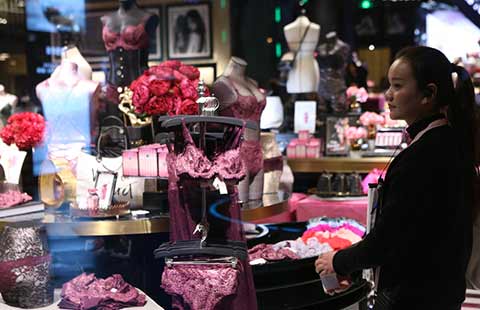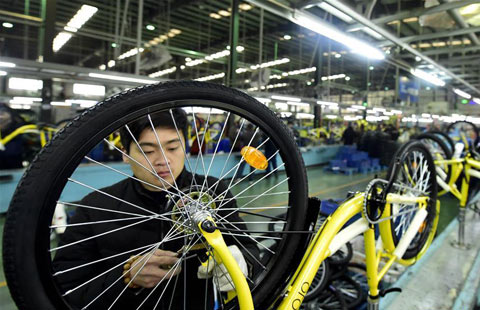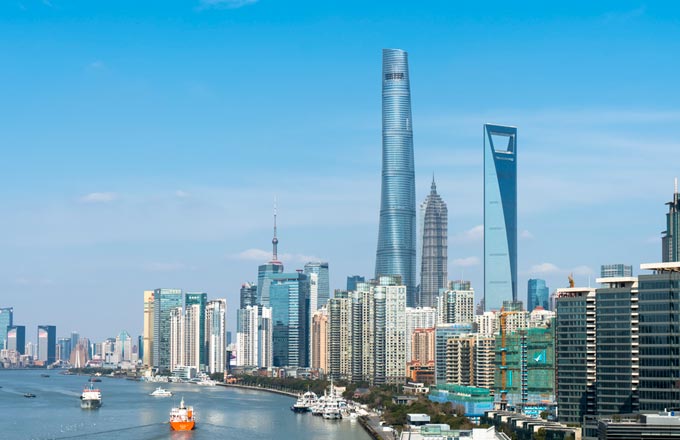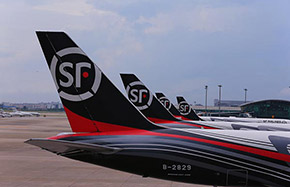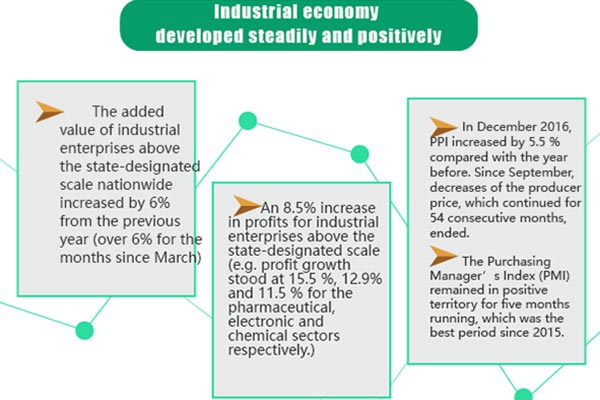Apple upsets the risk-reward ratio cart

Apple has been in all sorts of hot water recently. It has had to contend with charges over troubling labor practices at its assembly facilities in China, as well as not doing enough for employment in the United States.
That America's most iconic company - and the world's most valuable, based on its current stock market capitalization - had no manufacturing operations at home seemed to contravene the much-acclaimed rebirth of US manufacturing. Apple finally relented and announced plans to start manufacturing some of its Mac computers at a so-far-not-specified US location.
However, the goodwill from that announcement proved short-lived. Apple, like other US multinationals, was soon accused of being too artful in booking its profits in locations that offer very low rates of taxation. And yet, despite the twists and turns of the Apple saga over the past year or so, the main issue at stake from the point of American people and taxpayers has not even begun to be addressed.
The US, which is by far the company's largest market, is not just where a large part of Apple's profit is generated. It is also the place where the initial innovation was funded - but not by Apple. Many of the revolutionary technologies that make the iPhone and other products and services "smart", such as the Internet, GPS, touch-screen display and its voice-activated personal assistant, Siri, were funded by the US government.
The company based in Cupertino, California, did not just benefit from the US government-funded research activities. It also received its early stage funding from the US government's Small Business Investment Company program.
Apple may not be known as top financial company, but it can be considered one of the most successful arbitrageurs in history. Arbitrageurs typically take advantage of price difference between two or more markets. Apple put a new twist on arbitrage, and masterfully put together a lot of technologies funded by the US government (and hence the American people) and exploited them in its own products.






